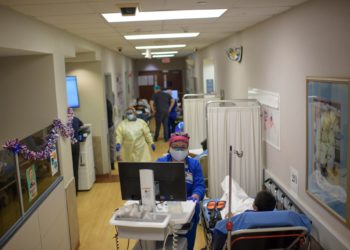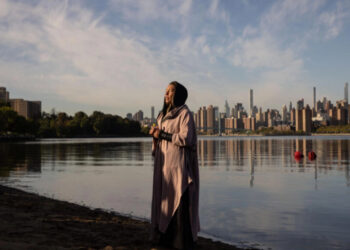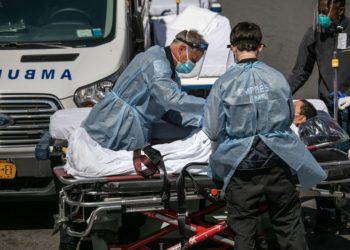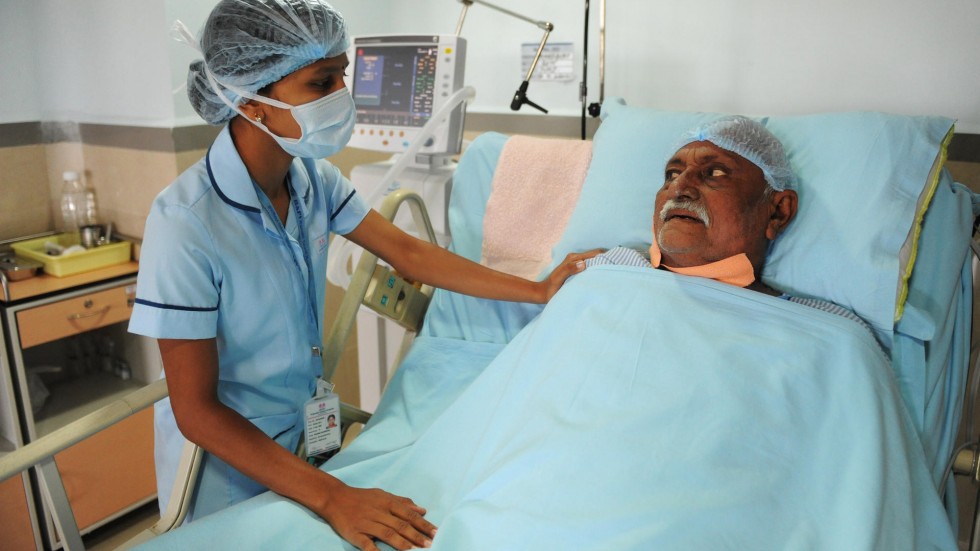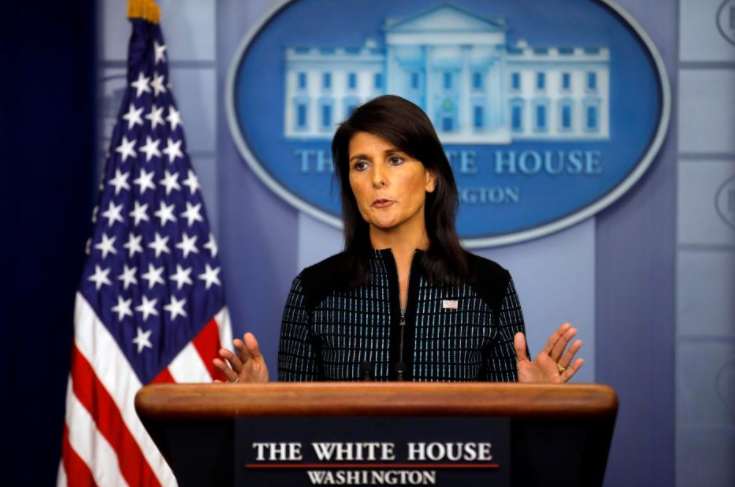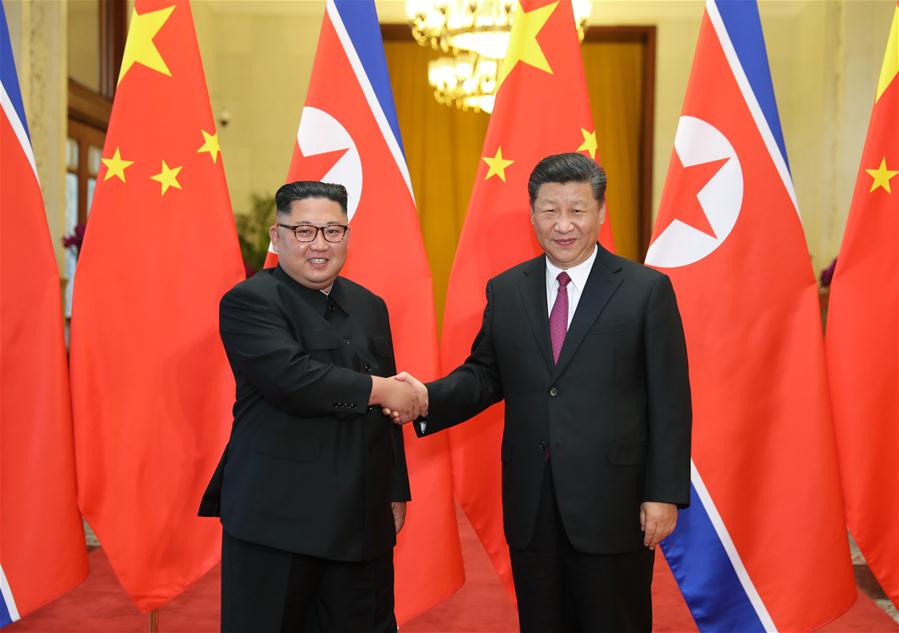It was almost midnight in Luoyang, China, and we had just returned to Maria’s Big House of Hope, an orphanage that provides care and medical attention to special needs children. This was my fourth trip to China with non-profit organization Mending Kids, an international organization that provides surgical care to children in developing countries.
After an exhausting 18-hour day at the hospital, the doctors were eager to go to their rooms and get some sleep when an employee of the orphanage came running upstairs holding a 3-day-old boy who was just found at a gas station nearby. He was in urgent need of surgery.
Without the presence of the medical team from the U.S., the team at the orphanage would have been forced to provide their standardized care procedures: to comfort always, to relieve often, to save sometimes.
They abide by this motto because of the lack of access to medical care for orphans in China. Having traveled on 16 medical mission trips to five countries around the world, I have seen the severity of lack of access to medical care, especially in developing nations.
What I didn’t know, until today, is how many people in my own country suffer because of the lack of access to medical care and how development projects sometimes compound such access to health care.
One Hour Away from Medical Help
A Pueblo, a community of Native Americans, nestled in a setting of serene beauty in what is known as the “Hidden Valley” of the Sangre de Christo Mountains in Northern New Mexico, serves as the home of approximately 70 indigenous people. Located 60 miles north of Santa Fe, and 24 miles southeast of Taos on Highway 76, these people are an hour ambulance ride through the windy forest roads away from the nearest medical facilities.
The people of this Pueblo have a generally low socioeconomic standing, with the median annual household income of residents at $15,625. Over a quarter of the residents live in poverty, according to the 2016 Census’ American Community Survey.
To decrease the cost of living for those in the Pueblo, the community has recently become solely reliant on solar electricity. With this addition came the use of broadband instead of a cellular network for cell phone use.
Lowering the average utility bill to $18 a month, the community is very proud of their accomplishments and strides towards development. Their electricity plans are now looked at as goals for other Pueblos around the U.S., but without implementing better access to medical care, their solar electricity plan comes with possible detriments.
One-and-a-half week ago the electricity at the Pueblo was compromised because of the forest fires in New Mexico. This resulted in the complete absence of cell phone service for those at the Pueblo.
Because of the distance to the nearest hospital, if anyone were to suffer from a heart attack, as well as many other illnesses, they would most likely die before they reached the hospital.
These circumstances were exacerbated greatly by the four-day power out that began after the forest fires. Unable to acquire transit to the hospital, not only because of distance but also because of lack of cellular network, had anyone suffered from illness or disaster, the likelihood that they would have been able to access care before their situation became severe or even deadly was unlikely.
Overlooking Our Country
We often hear about international crises that result in high death rates such as the hurricane that affected Puerto Rico in 2017, or the 2010 earthquake in Haiti, but what we often overlook is the need in underdeveloped nations within our own country.
Although increasing use of solar power is not only economical but also eco-friendly, in the case of this Pueblo, it came with the threat of decreasing medical aid.
If communities decide to use solar power and therefore use broadband instead of cellular networks, we must push to implement satellite phones in each community in order to assure prompt communication to health care officials and therefore their insurance of individuals health rights.
In addition to this, the requirement and standardization for government officials to read the World Health Organization’s practical resource for procurement and management should be implemented to prepare better health care services individualized upon the needs of specific communities. If this rule was implemented, communities who suffer from locational disadvantages would be better prepared for healthcare challenges in the case of a medical emergency.
Had the 3-day-old orphan been delivered to the Chinese orphanage on nearly any other night, when they have only indirect access to surgical care, the people at the orphanage may not have been able to procure help and therefore this baby’s life.
By implementing the tactics stated above, communities around the world would be better prepared for any health care related incident regardless of their access to medical facilities.
Disclaimer: The views and opinions expressed here are those of the author and do not necessarily reflect the editorial position of The Globe Post.


